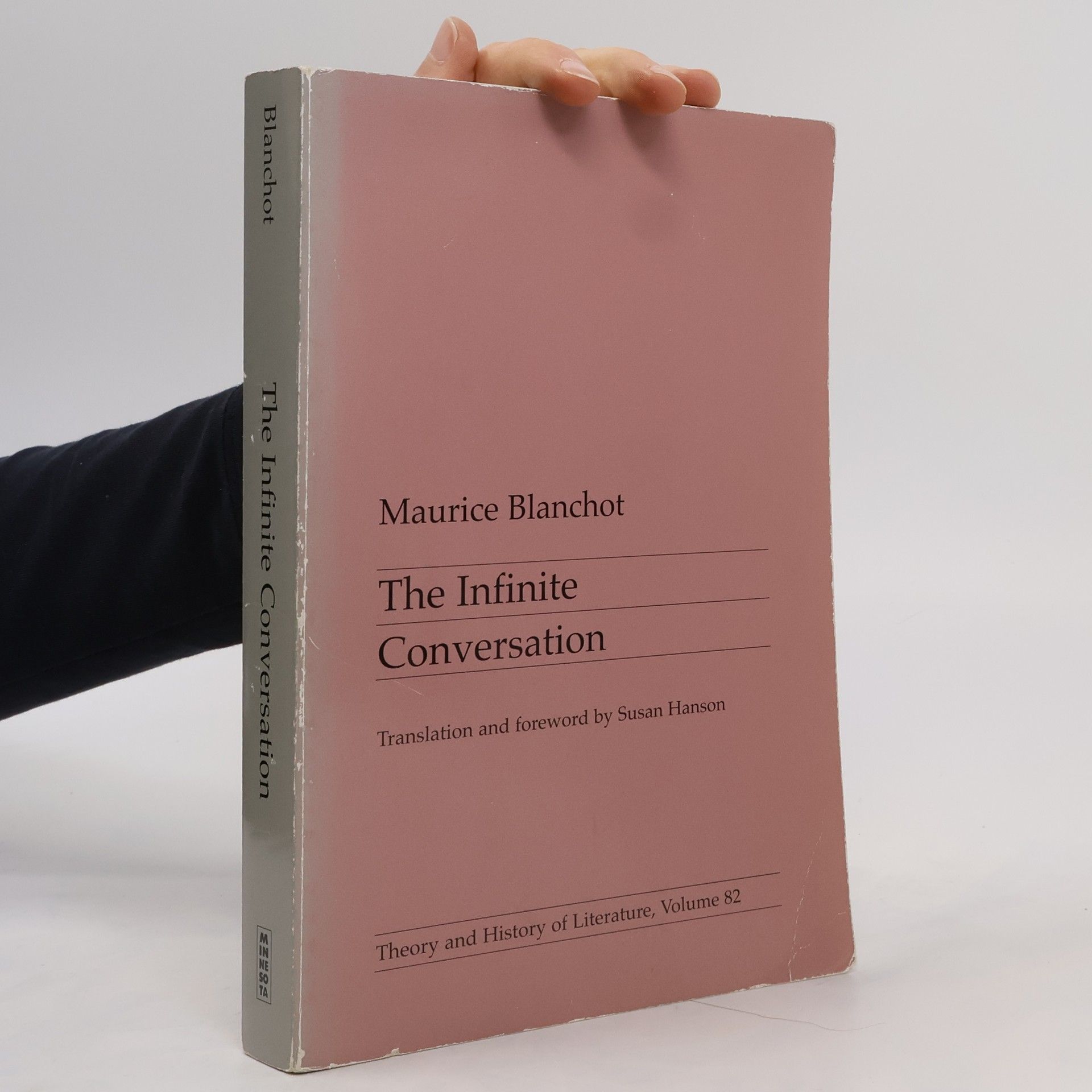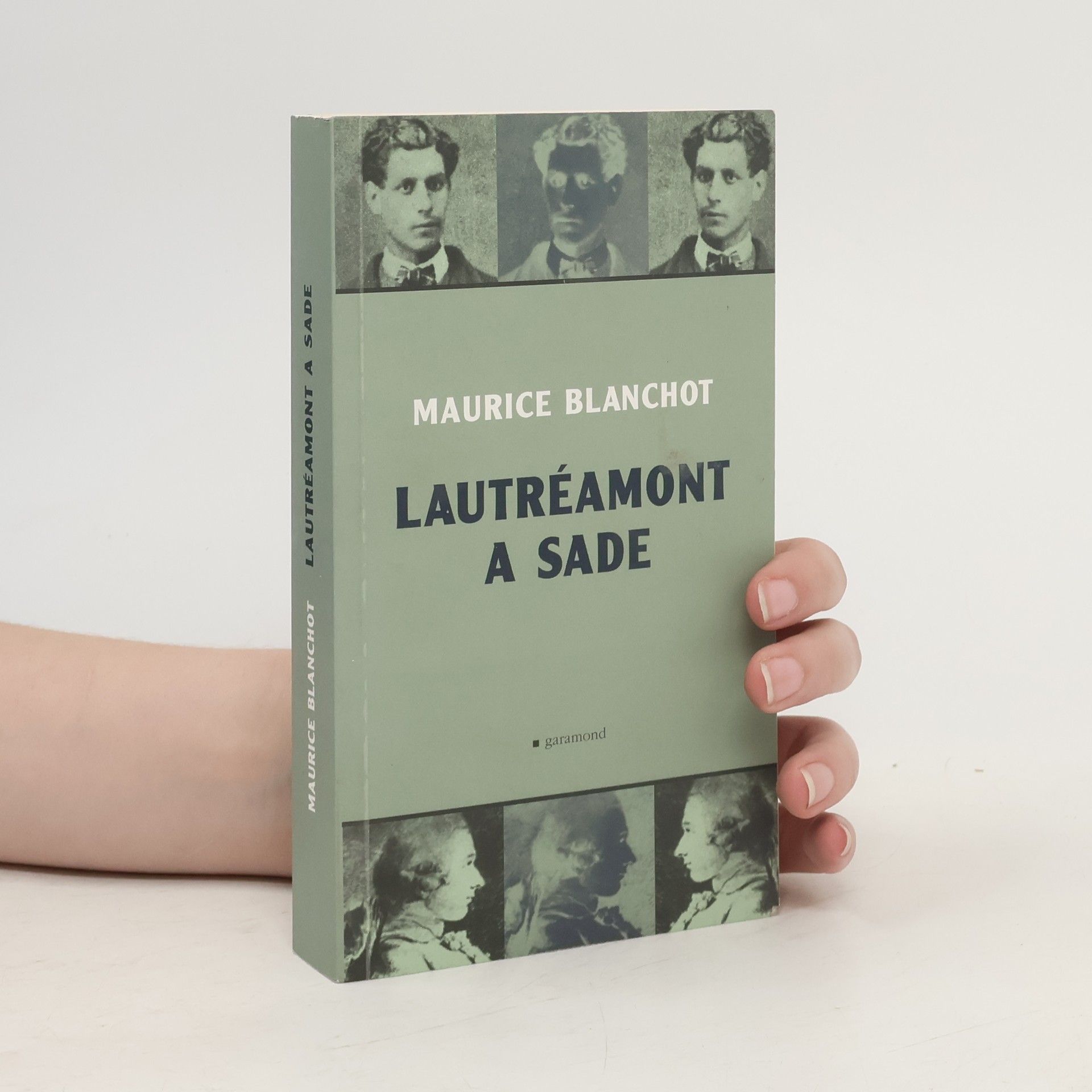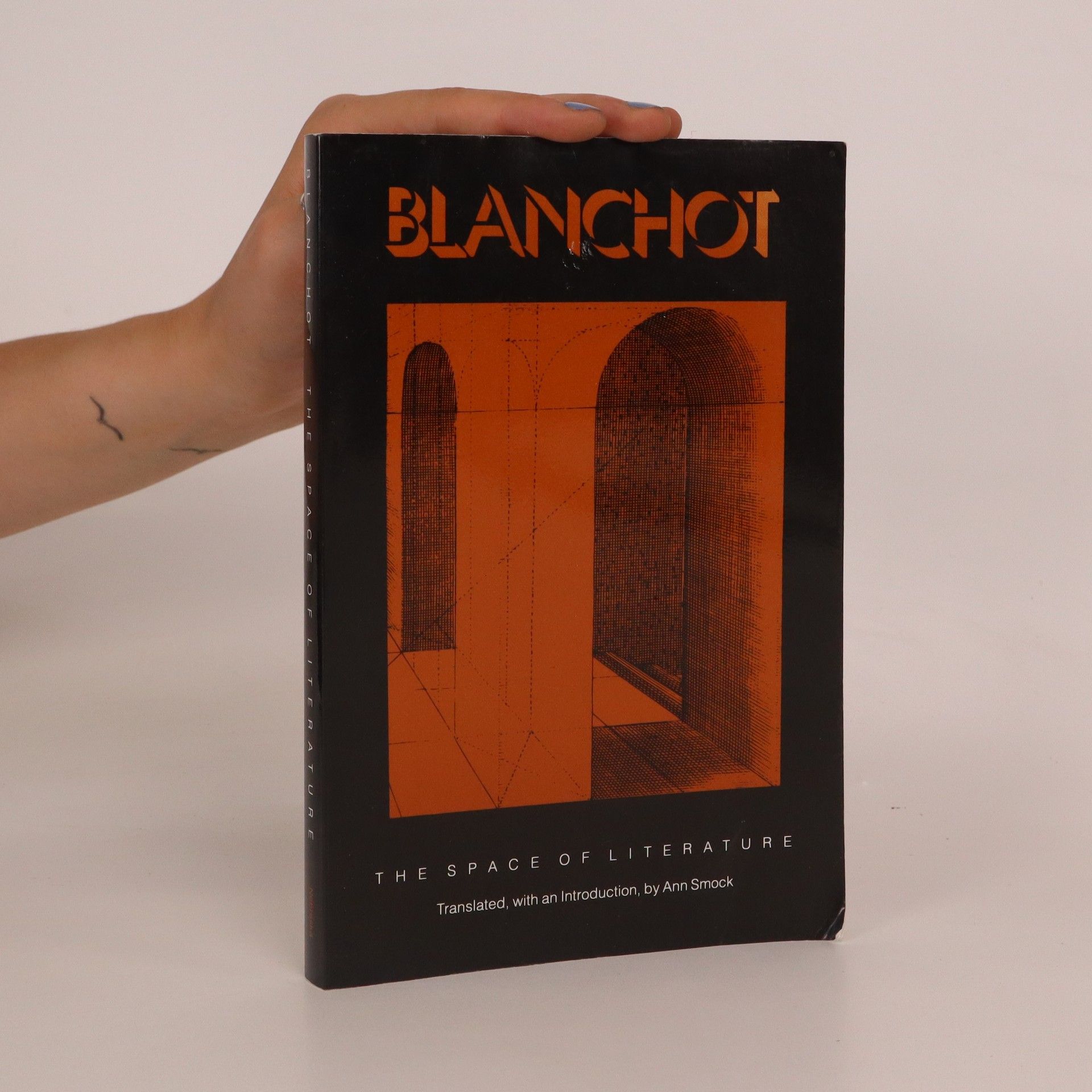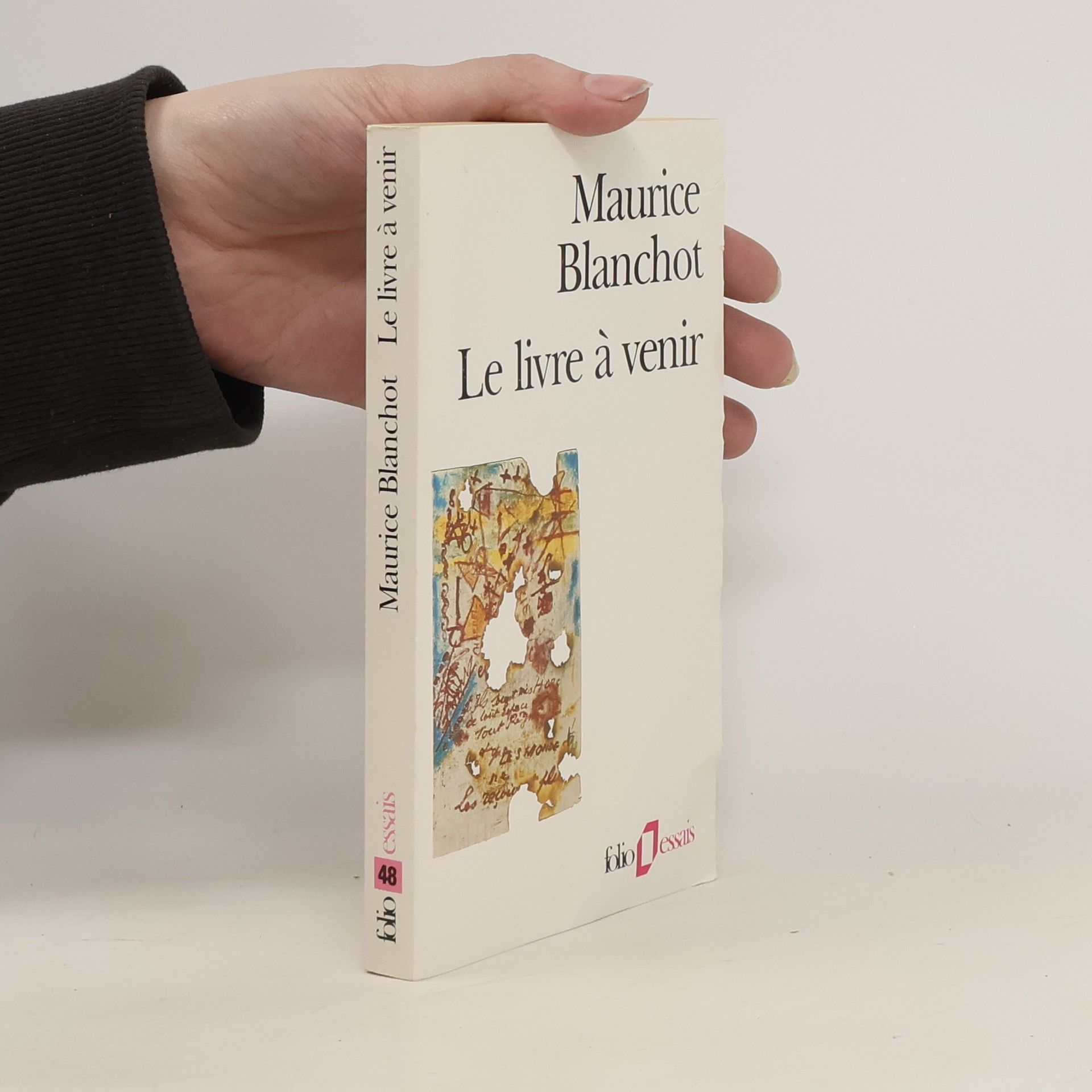Maurice Blanchot, the eminent literary and cultural critic, has had a vast influence on contemporary French writers—among them Jean Paul Sartre and Jacques Derrida. From the 1930s through the present day, his writings have been shaping the international literary consciousness. The Space of Literature , first published in France in 1955, is central to the development of Blanchot's thought. In it he reflects on literature and the unique demand it makes upon our attention. Thus he explores the process of reading as well as the nature of artistic creativity, all the while considering the relation of the literary work to time, to history, and to death. This book consists not so much in the application of a critical method or the demonstration of a theory of literature as in a patiently deliberate meditation upon the literary experience, informed most notably by studies of Mallarmé, Kafka, Rilke, and Hölderlin. Blanchot's discussions of those writers are among the finest in any language.
Maurice Blanchot Knihy
Maurice Blanchot bol francúzsky filozof a spisovateľ, ktorý skúmal hranice medzi literatúrou a filozofiou. Jeho dielo sa vyznačuje moderným prístupom, ktorý búra žánrové konvencie. Hoci začínal na politickej pravici, skúsenosť s fašizmom zásadne zmenila jeho myslenie. Blanchot bol hlboko ovplyvnený Heglovou interpretáciou a moderným existencializmom, čo sa odráža v jeho literárnej kritike a fikcii.







Maurice Blanchot se vždy distancoval od hlavních myšlenkových proudů své doby, surrealismu a existencialismu, později i od fenomenologie Martina Heideggera. Dvě studie, které tvoří tuto knihu, se zabývají druhdy opomíjenými a podceňovanými postavami z dějin literatury a filosofie, jejichž důležitost, ba neopominutelnost pro jakoukoliv moderní reflexi jazyka či racionality jasně vyvstala až po druhé světové válce.
Thomas the Obscure
- 124 stránok
- 5 hodin čítania
Before Sartre, before Beckett, before Robbe-Grillet, Maurice Blanchot created the new novel, the ultimate post-modern fiction. Written between 1932 and 1940, Blanchot's first novel, here brilliantly translated by Robert Lamberton, contains all the remarkable aspects of his famous and perplexing invention, the ontological narrative--a tale whose subject is the nature of being itself. This paradoxical work discovers being in the absence of being, mystery in the absence of mystery, both to be searched for limitlessly. As Blanchot launches this endless search in his own masterful way, he transforms the possibilities of the novel. First issued in English in 1973 in a limited edition, this re-issue includes an illuminating essay on translation by Lamberton.
Maurice Blanchot here sustains a dialogue with a number of thinkers, including Kafka, Pascal, Nietzsche, Brecht, and Camus, who are central to the history of Western thought and who have influenced virtually all the themes that inflect contemporary literary and philosophical debate.
The One Who Is Standing Apart from Me
- 104 stránok
- 4 hodiny čítania
The narrative unfolds through an obsessive dialogue that echoes Kafka's themes of questioning and uncertainty. It explores concepts such as powerlessness and inertia, transforming what is often deemed insignificant into a profound exploration of existence. The act of articulating these negative experiences imbues them with meaning, creating a weighty discourse on the nature of communication and listening. This approach shifts the focus from traditional storytelling to an immersive experience that invites deeper contemplation.
This collection of essays and reviews from the 1940s explores the intense aspects of literary language, challenging aesthetic illusions and everyday referentiality. It is essential for understanding the evolution of literary theory and cultural studies, bridging the works of significant philosophers and theorists.
Reflects upon efforts to abide in disaster's infinite threat. First published in French in 1980, this title takes up the most serious tasks of writing: to describe, explain, and redeem when possible, and to admit what is not possible. Neither offers consolation.
Le livre à venir
- 340 stránok
- 12 hodin čítania
Friendship
- 326 stránok
- 12 hodin čítania
29 critical essays and reviews on art, politics, literature, and philosophy document the wide range of Blanchot's interests, from the enigmatic paintings in the Lascaux caves to the atomic era.
The Madness of the Day
- 31 stránok
- 2 hodiny čítania
Jacques Derrida writes (in Deconstruction and Criticism) of The Madness of the Day that it is "a story whose title runs wild and drives the reader mad.la folie du jour, the madness of today, of the day today, which leads to the madness that comes from the day, is born of it, as well as the madness of the day itself, itself mad..La folie du jour is a story of madness, of that madness that consists in seeing the light, vision or visibility, to see beyond what is visible, is not merely 'to have a vision' in the usual sense of the word, but to see-beyond-sight, to see-sight-beyond-sight..The story obscures the sun.with a blinding light."

